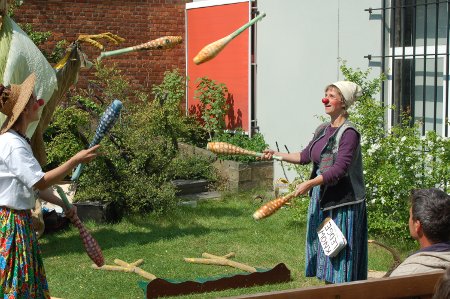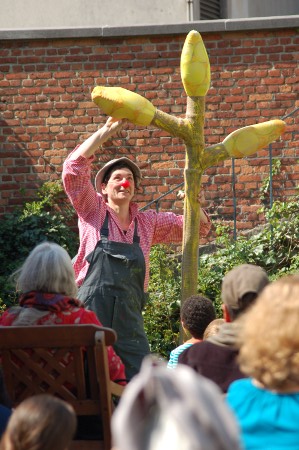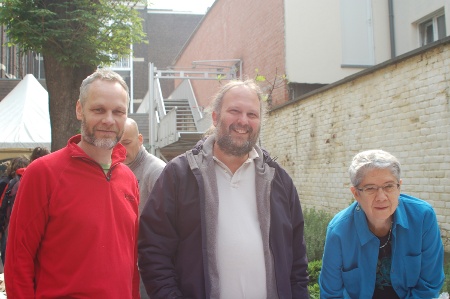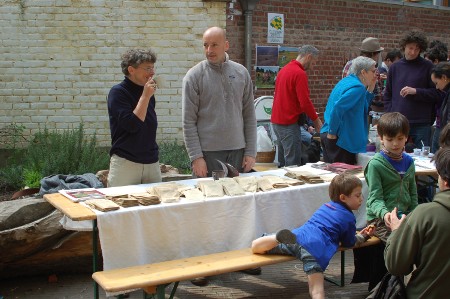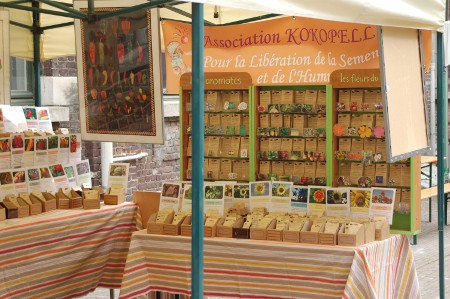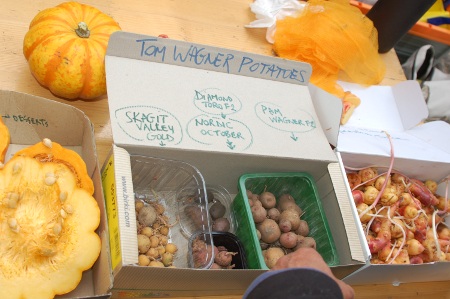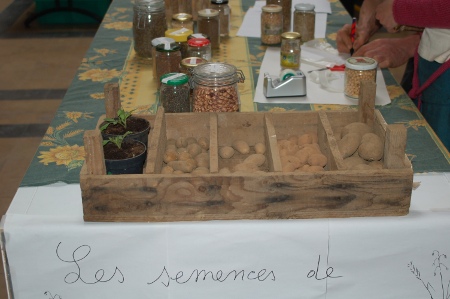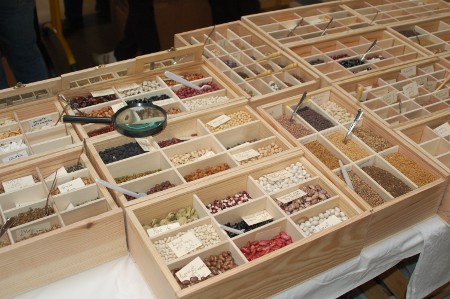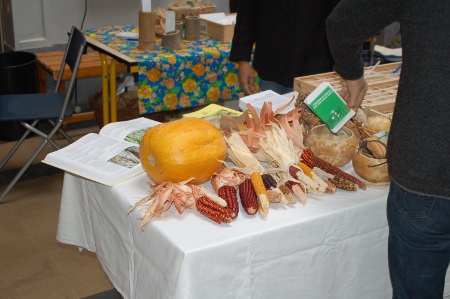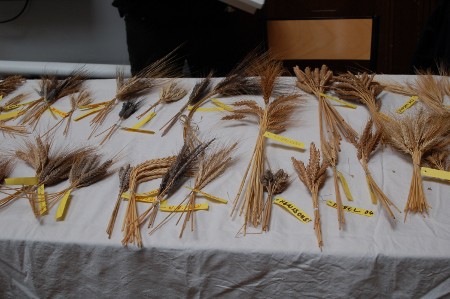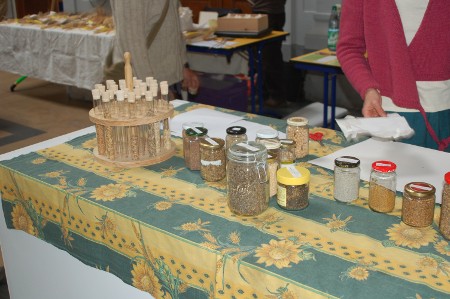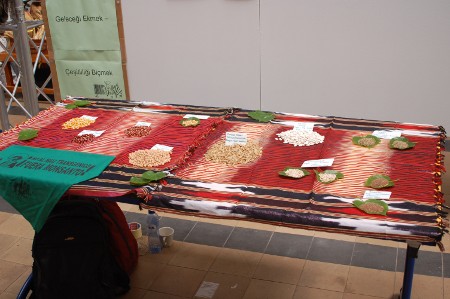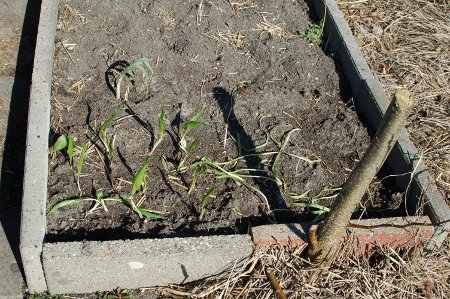I posted a picture of myself a few days ago, but didn’t say what it was for. It’s been published! You can find it here, on the UK Royal Horticultural Society website’s Grow Your Own pages, together with some other well known garden bloggers. You may have to click on the ‘more blogs’ link to find my picture. What a fun idea, posting pictures of all of us together!
Now we have to see how many people actually read this page, follow the link and how much traffic I’ll actually get…
It’s been interesting to see how the relationship between bloggers and organizations like the RHS or media organizations has matured over time. Of the two major media organizations in the UK, The Guardian has openly come out, embraced the world of blogs, regularly links to more well known blogs and in my opinion this makes the quality of what they offer much higher. The BBC on the other hand pretends blogs don’t exist. In the US it’s a similar story, with MSNBC linking to blogs sometimes, but most others like CNN ignoring the world of private blogs.
How can media organizations consider themselves legitimate, when they report on stories like the recent revolution in Egypt, identify blogs as a major part of this, then ignore and not link to them? If they’re a major part of the news, we should be able to read them, with translating tool if necessary, and for this a link needs to be provided! Finding the Egyptian blogs really took some searching. What about blogs in the rest of the Middle East? If they’re there, they shouldn’t be ignored.
Most news organization by now call their website a ‘blog’ or have a section of ‘blogs’, but they don’t have blogrolls, you have to register to leave a comment they don’t write about other blogs, they lack an informality in how they write or in some other way just don’t have one of the things most of us understand are important about a blog. It’s become an important split in the world’s mainstream media.
The RHS
Back to the RHS, one of the best known UK gardening charities. I’m pleased they’re reaching out to blogs, but at the same time there’s some dirty laundry to be aired.
While they have a very important history, in modern times they have not done a lot to promote agricultural biodiversity. If you go to their online seed shop, you’ll find a difficult to search through selection of commercial seeds, with a few heirloom and heirloom sounding varieties mixed in. Don’t buy seeds from their website, just because you see my picture there! They are not the right people to buy seeds from.
I had a similar experience when I visited Wisley Gardens a few years ago during apple season. I walked around in their apple orchards, with most of the apples rotting on the ground. Then I walked into their tasting area, sampled pieces of apples and cider that were brought in from somewhere else, and mostly completely different varieties from what they had in their fields. The same was true in the garden shop, which had commercial varieties of apple trees on sale but not many old varieties were visible or available. They’re a good place to go and look at the trees in the field, but if you’re interested in growing old apple varieties, you should get your trees somewhere else.
In the same way the RHS or The Guardian hope to increase their customer base by making relations with blogs, I hope it’s possible for blogs to sometimes criticize and influence the commercial nature of these organizations.





